
since day 1
We have been honing our skills since 2017. From starting up at home, to renting a unit in NUS. Currently, we roast our coffee weekly at First Story cafe with the Stronghold S8X Smart Roasting System, allowing us to roast consistently across multiple batches of coffee.
from farm to foreword
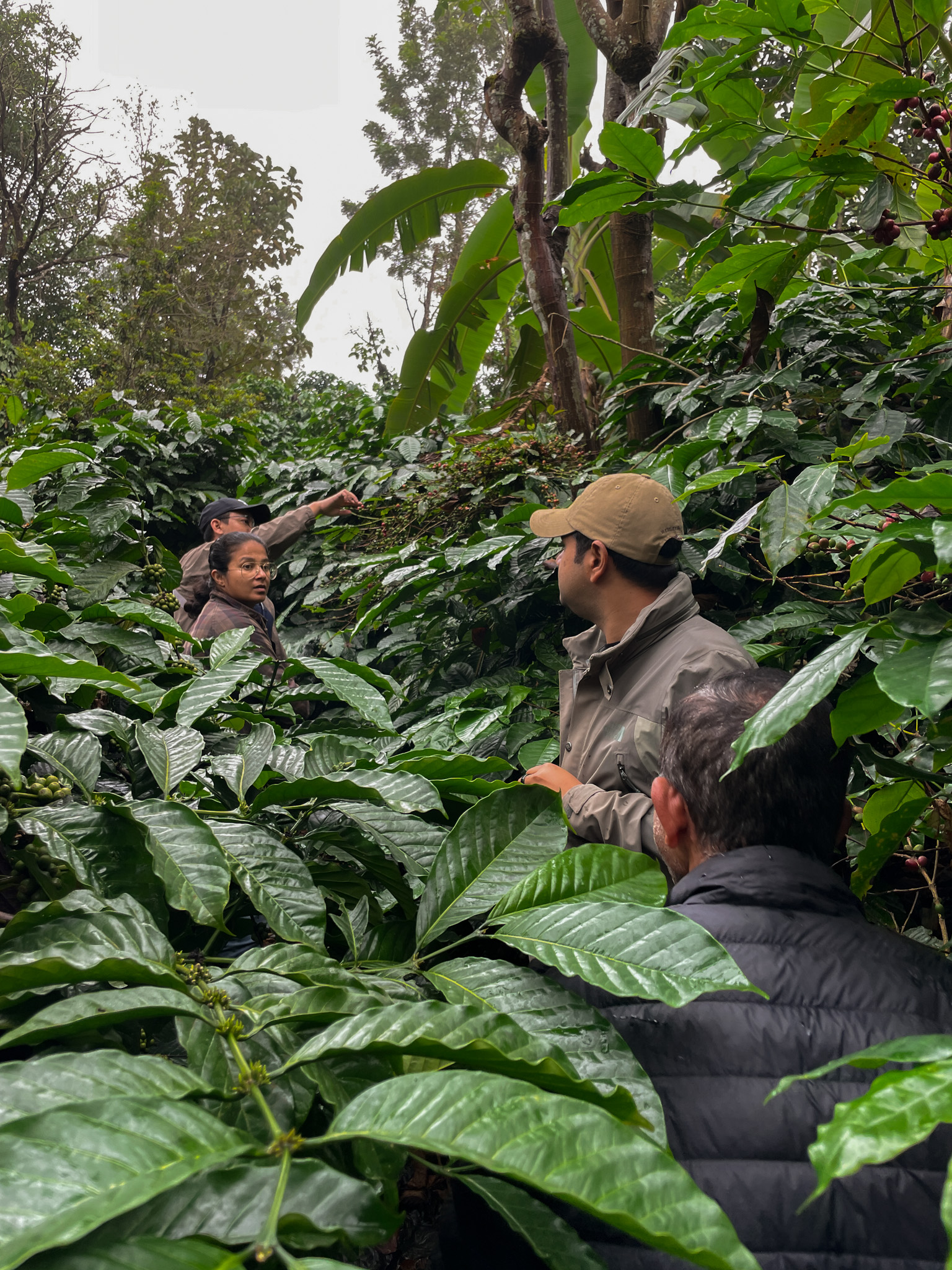

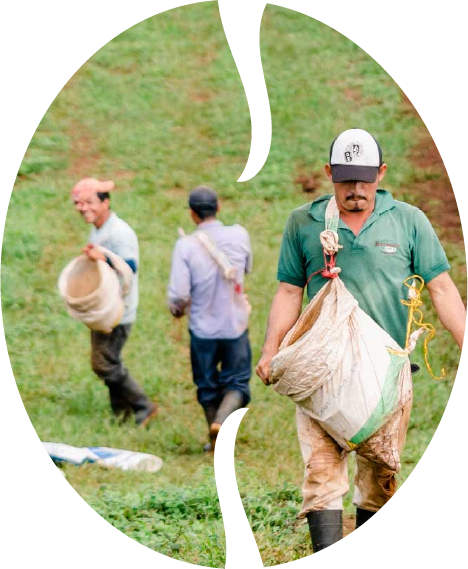
for Better Beans

It’s Our Standard
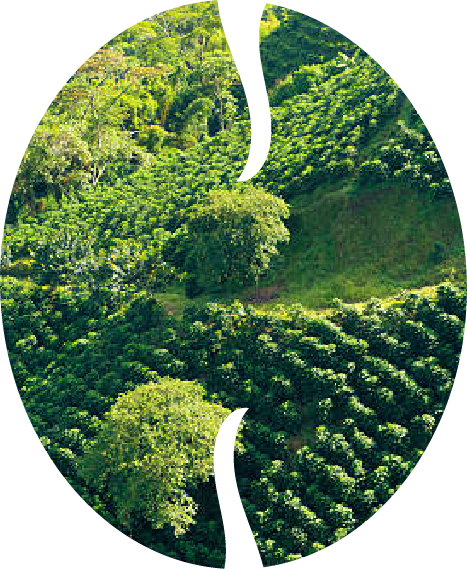
Hand Involved
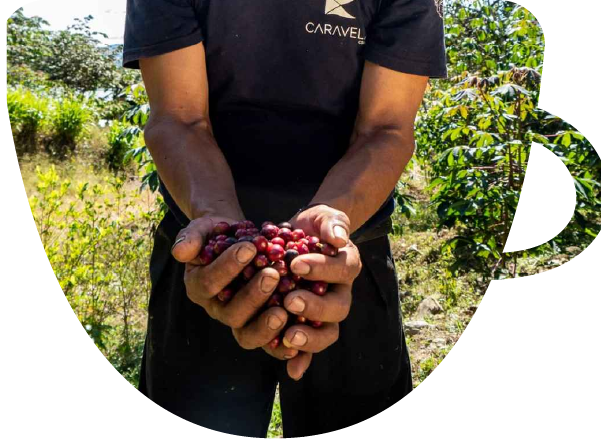
Not Just Coffee
one bean, many possibilities
Our specially curated coffee beans offerings feature a variety of processing methods (washed, natural, honey) and flavours which are unique to the farms’ terroirs, showcasing the commitment of the coffee growers to produce consistently good coffees.
Processing methods for the coffee beans depend on a few factors, such as climate and the accessibility to water. The three main methods are: washed, natural, and honey processes.
Natural Method
Coffee cherries are left to dry in its whole, with its skin and mucilage layers intact. This allows the seed to ferment within the coffee fruit, and the duration of fermentation influences the eventual flavours of the coffee. Natural-processed coffees in the Asian region tend to be fruitier and sometimes even winey.
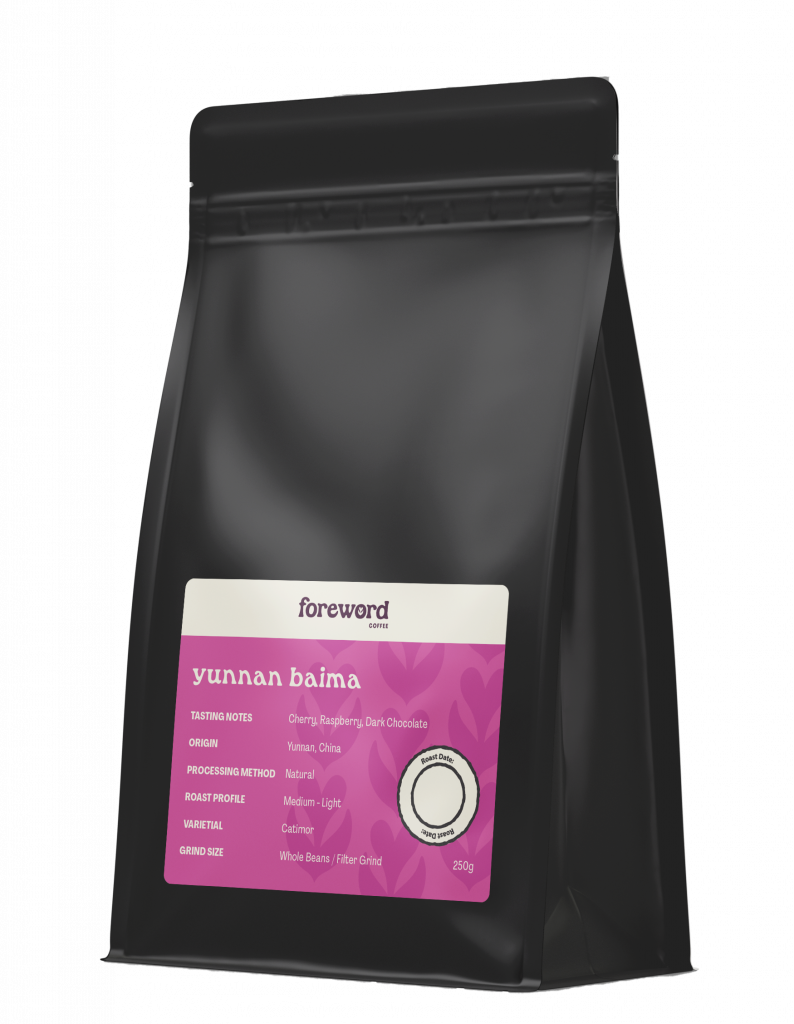
Yunnan Baima
Washed Method
Coffee cherries are stripped of its skin and mucilage layers, leaving behind the seed itself to be dried. This means there is little to no fermentation taking place during the drying process, which is why washed coffees are said to produce clean flavours out of the three main processing methods. Wash-processed coffees in the Asian region tend to feature the nutty and chocolatey notes, although some will also carry citrus flavours.
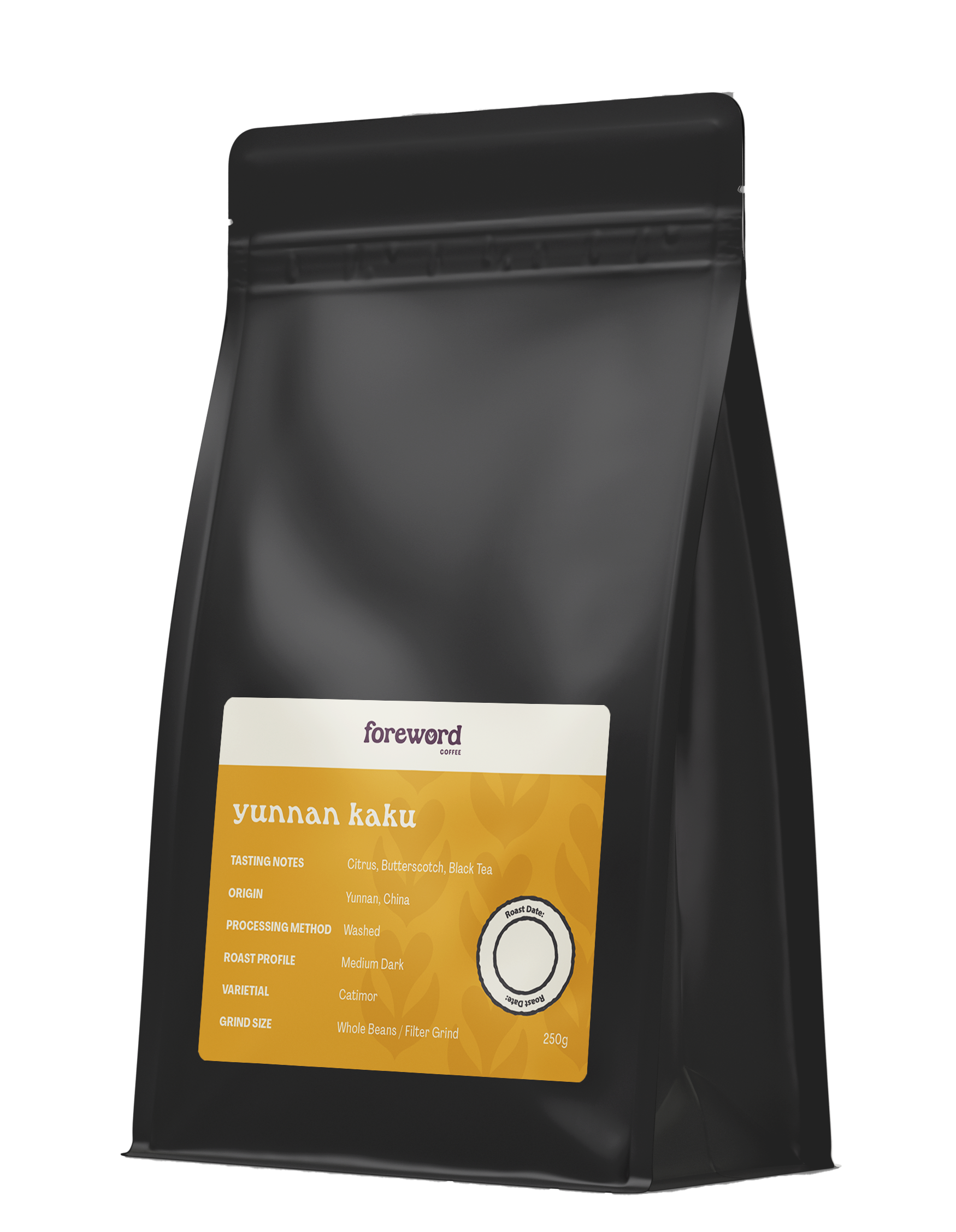
Yunnan Kaku
Honey Method
Coffee cherries are stripped of its skin, leaving behind the mucilage layer for fermentation and drying. Depending on the duration of fermentation, honey-processed beans could be classified as white, yellow, red, or black honey. Honey-processed coffees have really interesting flavours which can pose challenges to the roaster, as we have to figure out what flavours are there and how best to present the coffee beans to our customers.
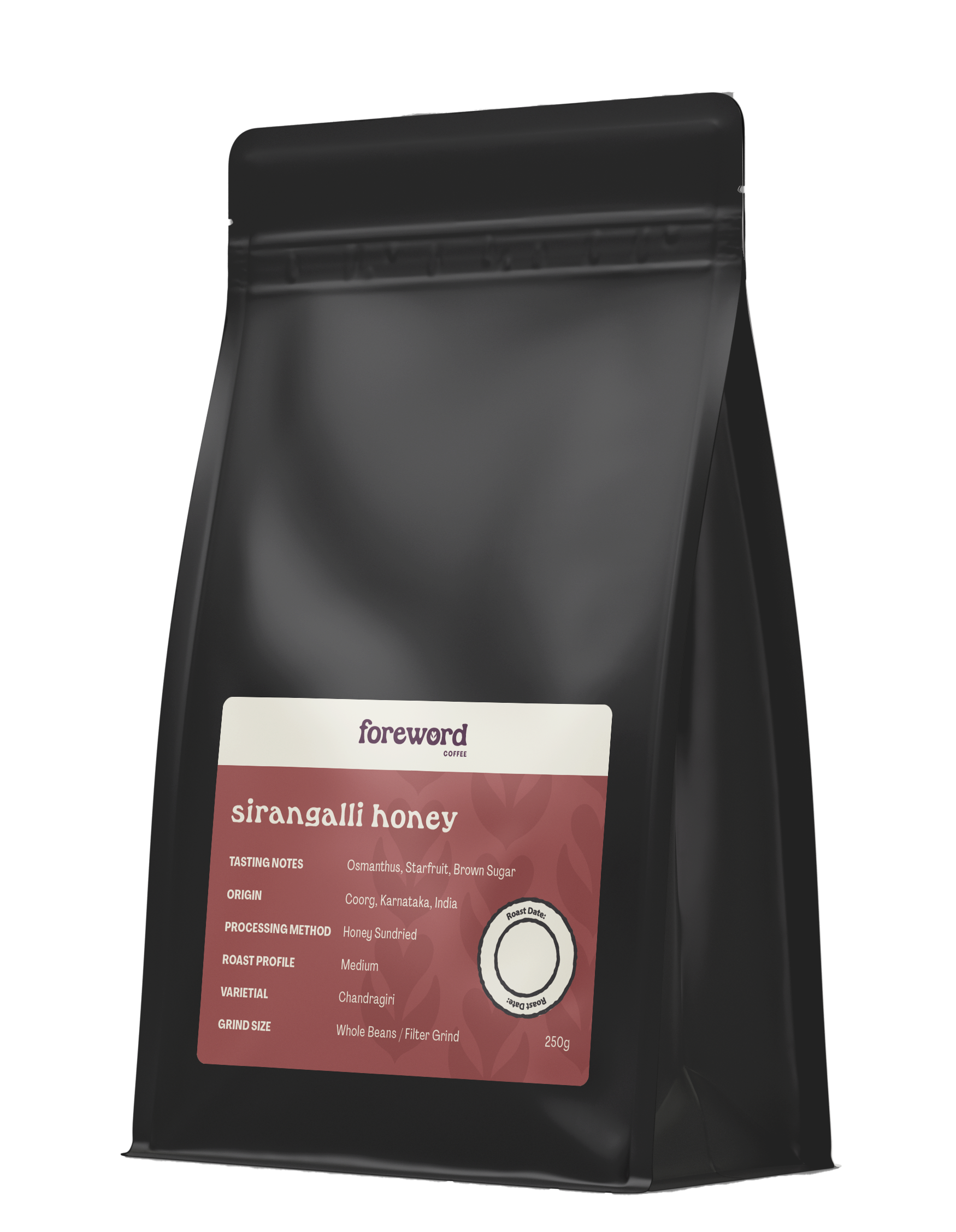
Sirangalli Honey
we use the best
Our coffee beans are all specialty grade Arabica beans as we pursue quality for our customers.


